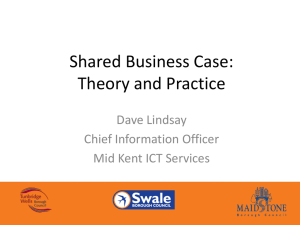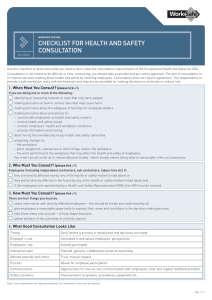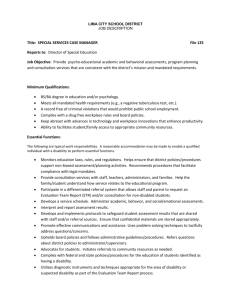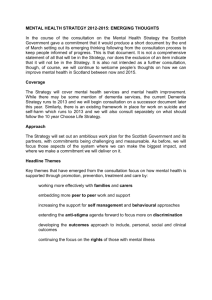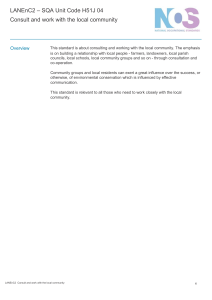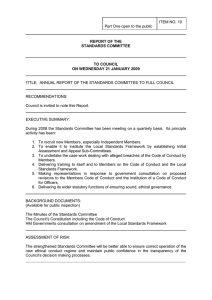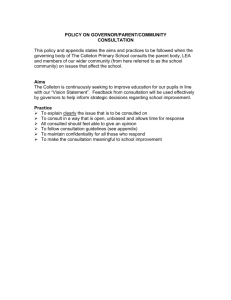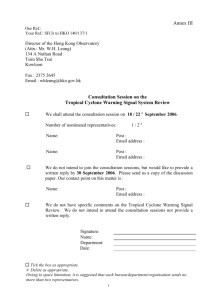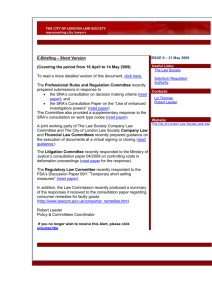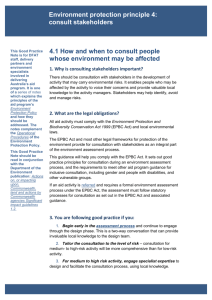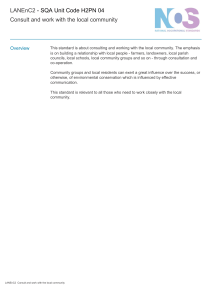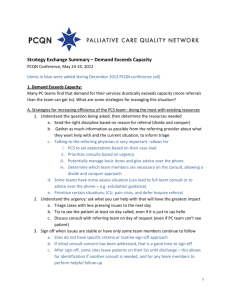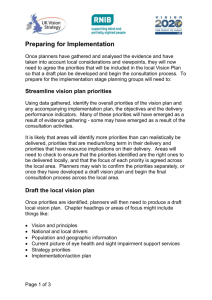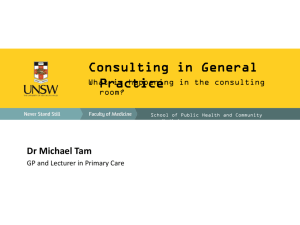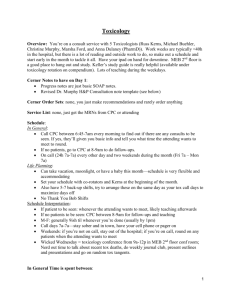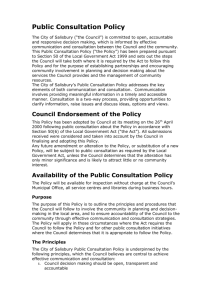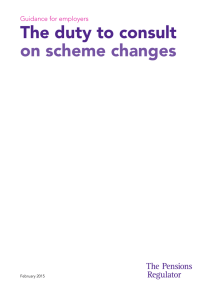Decision Making Policy - Airdale Primary School
advertisement
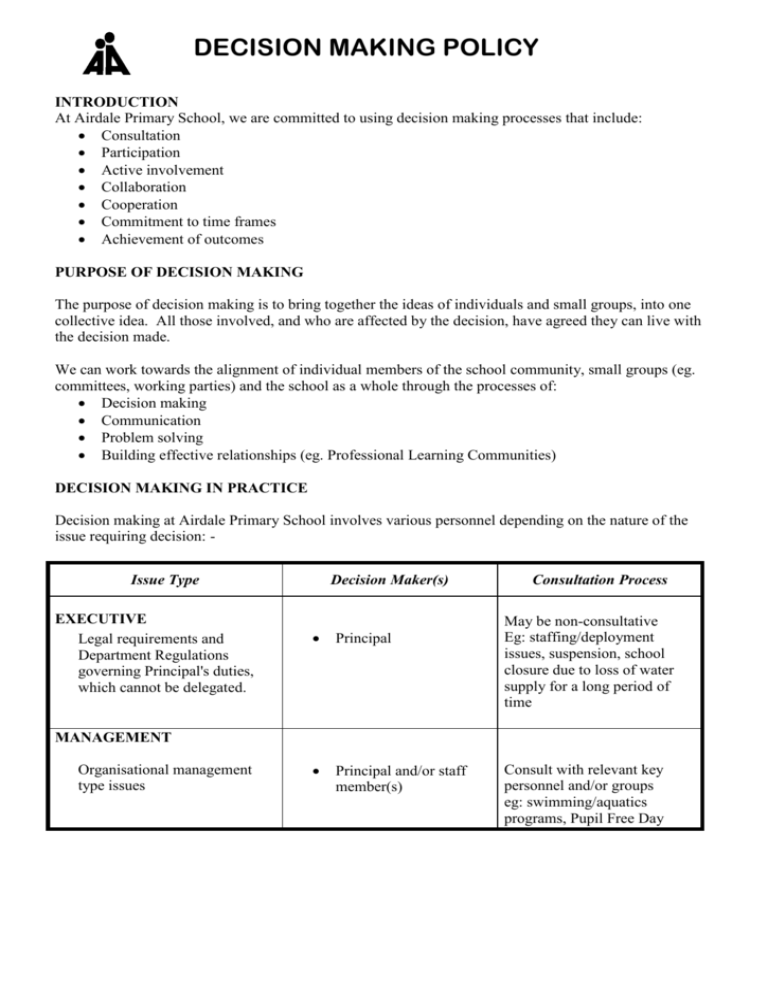
DECISION MAKING POLICY INTRODUCTION At Airdale Primary School, we are committed to using decision making processes that include: Consultation Participation Active involvement Collaboration Cooperation Commitment to time frames Achievement of outcomes PURPOSE OF DECISION MAKING The purpose of decision making is to bring together the ideas of individuals and small groups, into one collective idea. All those involved, and who are affected by the decision, have agreed they can live with the decision made. We can work towards the alignment of individual members of the school community, small groups (eg. committees, working parties) and the school as a whole through the processes of: Decision making Communication Problem solving Building effective relationships (eg. Professional Learning Communities) DECISION MAKING IN PRACTICE Decision making at Airdale Primary School involves various personnel depending on the nature of the issue requiring decision: Issue Type EXECUTIVE Legal requirements and Department Regulations governing Principal's duties, which cannot be delegated. Decision Maker(s) Principal Principal and/or staff member(s) Consultation Process May be non-consultative Eg: staffing/deployment issues, suspension, school closure due to loss of water supply for a long period of time MANAGEMENT Organisational management type issues Consult with relevant key personnel and/or groups eg: swimming/aquatics programs, Pupil Free Day PROFESSIONAL Implementation of curriculum programs, school policies, conducting Training and Development programs, and assessment, recording and reporting re student outcomes. COMMUNITY & SCHOOL POLICY School policies, improvement processes and those issues that impact on the whole school community. Principal Staff Governing Council Sub-committees of the above Consult with parents, students, staff members, and departmental personnel as appropriate. eg: Student Behaviour Policy, Assessment and Reporting Policy, Breakfast Club Adhoc Task Groups can be established to undertake the process of developing a policy. The process undertaken will be in line with the policy development guidelines. eg: Policy review processes and development of procedures, ground development CONSULTATION In the consultation process, the person or people leading the process support people to: Identify the issue/concern and state it precisely and clearly Identify people who need to be involved Consult appropriately by asking the right questions to the right people and leading discussions focused on the identified issue Facilitate and delegate decision making styles such as executive, consensus, and majority Documents and communicates the decision clearly to all those who need to know DEMOCRATIC DECISION MAKING STEPS include: The leader guides the group through the following process: 1. Identify the problem – what is the problem? 2. Identify people to be involved – who is involved in this problem? And who needs to be involved in the solution 3. Brainstorm solutions – what can we do to solve this problem? Record all ideas. 4. Evaluate proposed ideas – what are the benefits and disadvantages of each idea? 5. Decision Making – decide on which ideas will work the best (eg consensus/or majority) 6. Make an Action Plan – decide who will do what, when, where and how 7. Implementation – action the plan 8. Review and Evaluation - monitor progress regularly, and check out if the actions are supporting the achievement of the intended outcomes Review Date : 2014

